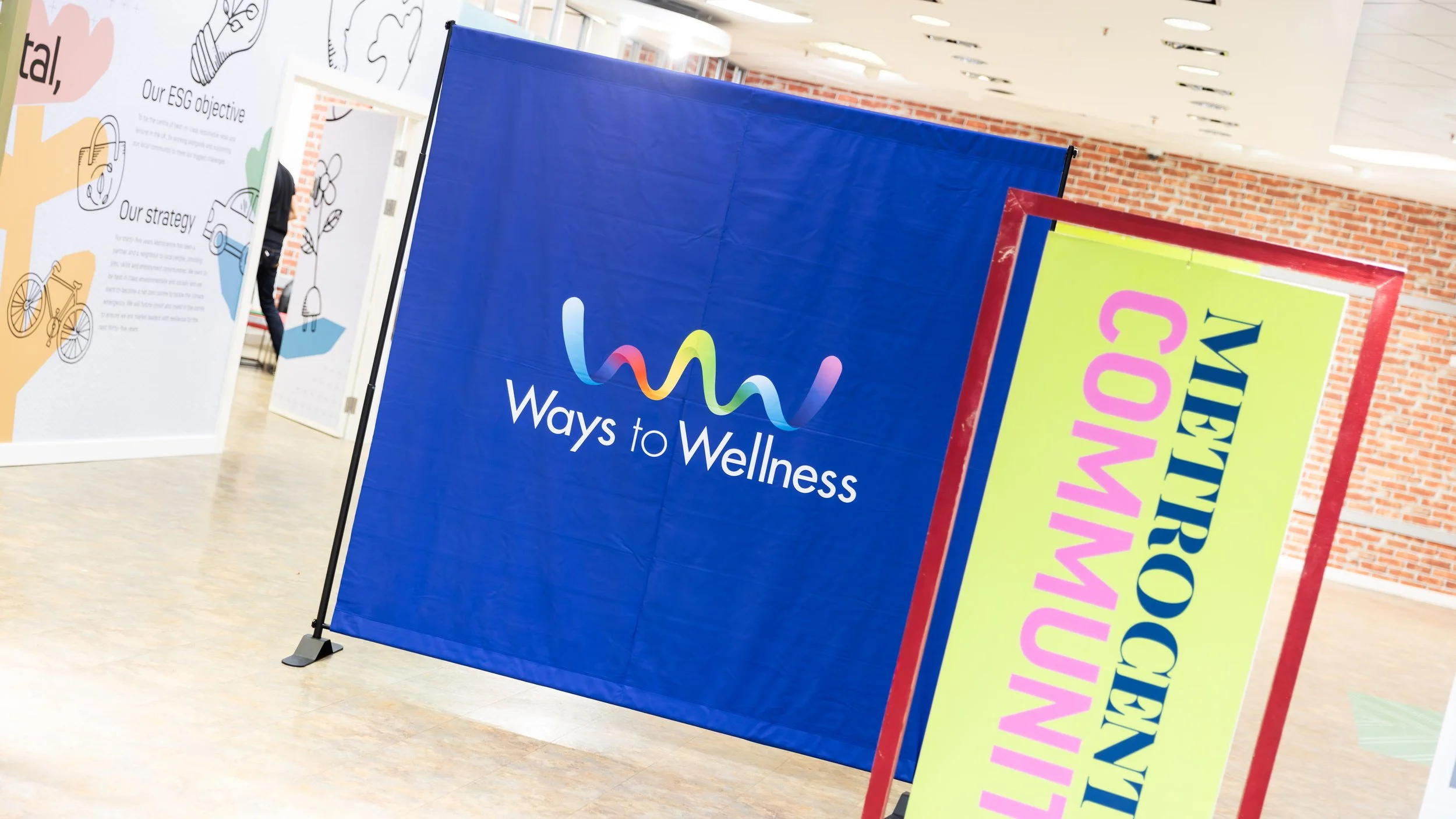
Persistent Physical Symptoms
Quick links:
Background
The impact of chronic pain and other conditions with persistent physical symptoms where there is no medical solution, is significant and growing, both for patients and the NHS.
This Ways to Wellness prototype, to explore the improvement of patient outcomes through specialist social prescribing that supports NHS services, offers a holistic, one-to-one personalised service for people with various conditions.
Persistent Physical Symptoms (PPS) account for about 20% to 40% of cases for GPs, and 50% to 60% for hospital doctors. Clinical solutions may not always be the best option, and clinicians may feel pressure to prescribe, when support to manage the condition and/or tackle wider issues might be more effective.
Patients who are eligible for this pilot work with a link worker, who supports them to identify and overcome barriers to managing their symptoms through an agreed action plan, which may include a range of activities, such as:
Getting involved in local groups and activities
Developing positive relationships
Accessing specialist services and support
Healthy eating and cooking
Getting more active
Getting support around benefits and welfare rights
We aim to improve patients’ quality of life and reduce their use of mainstream health services by empowering and supporting them to better manage their conditions.
2. Who we support
This prototype service is for people who fit the following eligibility criteria:
✅ Adults registered with one of the participating GP practices (Cruddas Park Surgery; Holmside Medical Group; Throckley Primary Care; West Road Medical Centre)
✅ Patients experiencing chronic pain/PPS, such as muscolosketal pain and fibromyalgia, ‘functional’ stroke, Irritable Bowel Syndrome (IBS); non-epileptic seizures, and diffuse symptoms, e.g. breathlessness and/or sensory changes.
✅ Mild to moderate symptoms experienced by the patient for between three months and three years (unless excluding sinister pathologies has taken longer)
✅ Patient is identified as ready to engage in a more holistic management approach, partnering with clinical staff and adding non-clinical support.
✅ Activity with the patient has moved from sinister pathologies excluded to living with symptoms
GPs, nurses and hospital and community healthcare professionals can make referrals to the service.
3. Impact
This pilot started in April 2024 and is expected to initially run for two years. Our impact will be shared as the pilot progresses. This case study video shows a patient who was supported through Ways to Wellness’ foundational Long-term Conditions project, but she also explains the impact of her chronic pain, and how social prescribing from Ways to Wellness helped her:
4. Evaluation and evidence
This project started in April 2024 and evaluation is currently being planned in detail. This is expected to include:
Direct outcomes for patients (e.g. patient-reported wellbeing/quality of life improvements).
Outcomes for the NHS, such as reduced unplanned visits to the GP and/or A&E.
5. Partners and funders
This project is funded and delivered in partnership with the North East and North Cumbria Deep End Network, with additional funding from Ways to Wellness.
-
Cruddas Park Surgery, Westmorland Road, Cruddas Park, NE4 7JT
Holmside Medical Group. Armstrong Road, Benwell, NE4 8QB
Throckley Primary Care, Tillmouth Park Road, Throckley, NE15 9PA
West Road Medical Centre, West Road, Fenham, NE4 9QB






